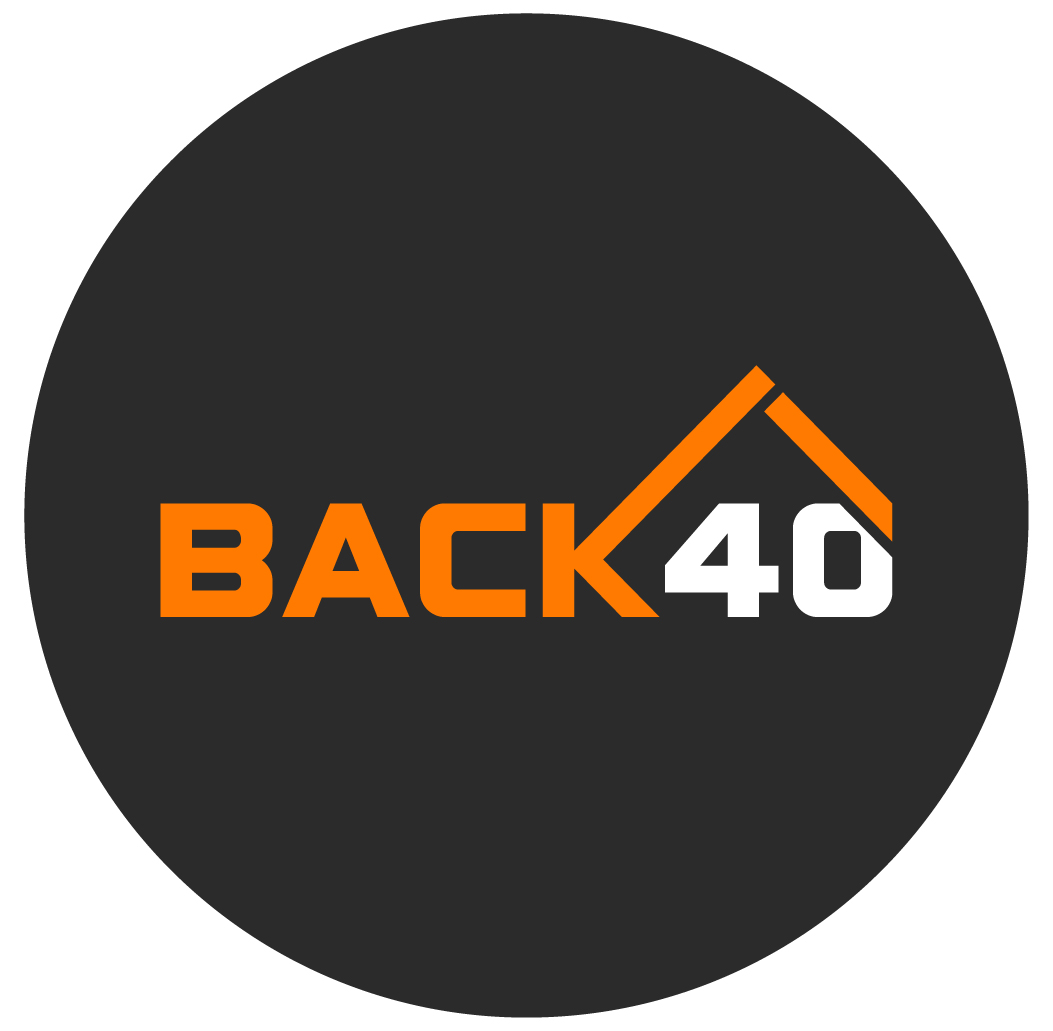What to Look for in a Commercial Roofing Contractor (Before You Replace Your Roof)
- Back40 Roofing Systems

- Oct 16, 2025
- 4 min read

When a commercial roof reaches the end of its life, the urgency to fix leaks and protect operations often pushes owners to sign contracts quickly. But choosing the wrong roofing contractor can cost your organization hundreds of thousands over time — not just in money, but in downtime, liability, and premature system failure.
A successful commercial roof replacement depends on partnering with a company that has the right mix of technical expertise, accountability, and communication. Below are the non-negotiables every facility manager, property owner, or asset director should evaluate before signing the dotted line.
1. Proven Experience in Commercial Roofing — Not Residential
Commercial roofing is a different discipline entirely. The materials, code requirements, drainage, and safety protocols differ sharply from residential work. A company that installs home roofs on the weekends and bids commercial jobs during the week isn’t equipped for industrial complexity.
Look for a contractor who specializes in large-scale flat and low-slope systems — TPO, EPDM, PVC, coatings, and commercial metal roofing. Back40 Roofing Systems, for example, installs every major commercial system from manufacturers like GAF, Atlas, and Firestone, giving building owners confidence that every specification is backed by an established standard.
2. Manufacturer Certifications That Protect Your Warranty
Roofing systems are only as strong as their warranties — and those warranties depend on who installs them.
Manufacturers certify contractors who meet strict training and inspection criteria. Hiring a certified contractor ensures your roof qualifies for full No Dollar Limit (NDL) warranties, sometimes up to 30 years. Without that credential, you may lose coverage before your new roof even ages a day.
Ask potential contractors:
Are you certified by GAF, Firestone, or other manufacturers?
Will the manufacturer perform a final inspection before warranty issuance?
Is this an NDL warranty, or material-only coverage?

3. Transparency in Scoping and Bidding
Reputable commercial roofers don’t hide behind vague bids. Every proposal should clearly outline:
The existing roof condition assessment (with core samples or infrared scan data).
The full scope of work — tear-off, insulation, attachment, membrane type, flashing details, and drainage corrections.
The project timeline, mobilization plan, and warranty coverage.
Itemized pricing — not just a lump sum.
When scopes are vague, “change orders” follow. The best contractors write precise scopes because they understand the building envelope and want to prevent disputes.
4. Safety and Compliance Are Non-Negotiable
A roofing project introduces real risk — fall hazards, equipment movement, hot work. A qualified contractor prioritizes safety from the first bid meeting.
Confirm they have:
A documented OSHA-compliant safety program.
Proof of current liability and workers’ compensation insurance.
Site-specific safety plans reviewed with your team before mobilization.
Companies that treat safety as a formality often cut corners elsewhere. Back40 maintains rigorous site controls and safety checklists to protect both workers and your facility.
5. Communication and Project Management
On commercial properties, coordination is everything. Your roofer must understand that business cannot stop for construction.
Look for a company that provides:
A dedicated project manager or foreman as your daily point of contact.
Regular progress updates with photos and milestone reports.
Clear phasing plans that minimize tenant or operations disruption.
Proactive coordination with HVAC, solar, and mechanical trades.
Good communication prevents 95% of issues before they start.
6. Technical Documentation and Quality Control
The best roofing contractors document every step — from substrate photos to daily inspection reports. This transparency gives owners confidence and provides evidence for warranty claims years later.
Ask whether they will provide:
Pre- and post-installation photography.
Moisture surveys and deck condition logs.
Copies of manufacturer inspection reports.
A maintenance guide outlining inspection intervals.
If they can’t produce a single example of past documentation, think twice.
7. Financial Stability and Professional Integrity
Roof replacements are major investments, often six or seven figures. You want assurance that your contractor will be around to honor warranties, handle service calls, and support your facility for the long haul.
Check their business longevity, references, and credit or bonding capacity (when applicable). Established commercial firms maintain supplier relationships, insurance, and crews who’ve worked together for years — the quiet signals of financial health.
8. After-Completion Support and Maintenance Plans
A responsible contractor doesn’t vanish after the final invoice. They schedule a post-project review, supply documentation, and provide a maintenance plan that protects the warranty.
Preventive inspections (typically twice per year and after major weather events) catch minor issues before they become claims. Many reputable contractors offer maintenance programs that extend the roof’s life by 5–10 years — a smart move for any facility manager focused on ROI.

The Back40 Standard
At Back40 Roofing Systems, our reputation is built on the same standards we tell clients to demand:
Certified crews installing systems from trusted manufacturers.
Fully documented scopes, schedules, and safety plans.
Transparent communication from bid to close-out.
Long-term relationships anchored in accountability.
Your commercial roof is a long-term asset — one that deserves precision, not guesswork. Choosing the right contractor means partnering with professionals who value your investment as much as you do.
Selecting a commercial roofing contractor is not about chasing the lowest bid — it’s about minimizing risk, ensuring compliance, and maximizing performance for decades. With Back40 Roofing Systems, you’re not hiring a crew; you’re securing peace of mind for the life of your building.


Comments